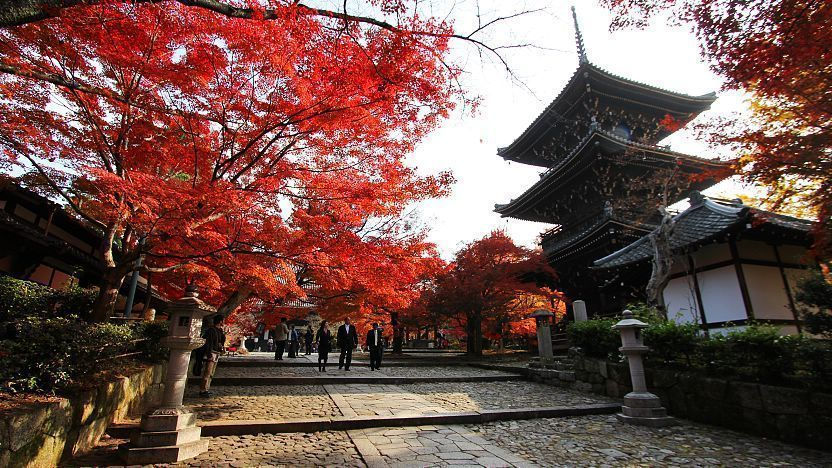The End of an Era: Southwest Airlines Ditches Free Checked Bags
- Rose Ann Clavel
- Apr 15, 2025
- 3 min read

For more than 50 years, Southwest Airlines stood as a rare holdout in the ever-shrinking world of airline perks, allowing passengers to check two bags for free. But come May, that era will come to an end.
The Dallas-based airline announced it will start charging for checked bags, a decision that has left loyal customers reeling.
“It was the only reason I flew Southwest,” said MaKensey Kaye Alford, a 21-year-old singer and actress from Birmingham, Alabama, who is now reconsidering her travel options.
Southwest’s customer-friendly policies helped it weather recessions, oil price spikes, and even the COVID-19 pandemic, all while securing its place as the airline that flies more passengers in the U.S. than any other. Now, facing mounting pressure from investors, the company is moving away from its long-standing model to boost profits and keep up with competitors like Delta and United.
The shift includes additional changes: Southwest will introduce assigned seating, a no-frills basic economy fare, and even expiration dates on flight credits. Just last month, it announced mass layoffs and cut unprofitable routes.
Investor Pressure Trumps Customer Loyalty
The decision to scrap free checked bags didn’t come lightly. Southwest leaders had previously argued that charging for bags would cost them more in lost customers than it would generate in revenue. However, new executives, some with experience implementing bag fees at other airlines, have convinced leadership otherwise.
Activist hedge fund Elliott Investment Management, a major Southwest shareholder, has been pushing for profitability-boosting changes. After securing five board seats last year, Elliott’s influence is clear. The market responded positively—Southwest’s stock jumped nearly 9% following the announcement, while rivals Delta, United, and American each saw declines exceeding 11%.
Customers Feel the Loss

Despite the financial upside, the backlash has been swift. Social media erupted, with Southwest’s Instagram post about the change garnering over 14,000 comments—far more than usual.
“This will be the thumbnail for the Harvard Business Review case study on destroying a brand,” one Instagram user wrote.
Harvard Business School professor Frances Frei echoed those concerns, warning that major decisions driven by activist investors often come at the expense of long-term brand loyalty. “Great organizations take years to build. It doesn’t take long to ruin one,” she said.
Will Customers Abandon Southwest?
Other airlines see this as an opportunity. Executives at Delta, United, and Spirit have already expressed interest in winning over former Southwest loyalists. However, limited airline competition in major Southwest hubs like Baltimore, Oakland, and Long Beach means many travelers may have no real alternative.
There are still a few exceptions to the new policy: Southwest credit card holders and top-tier loyalty members will get one or two free checked bags. But for most passengers, what was once a signature Southwest perk is now a thing of the past.
A Logistical Gamble
Beyond customer dissatisfaction, some experts worry the policy change could create logistical headaches.
By discouraging checked baggage, Southwest risks clogging overhead bins, slowing down boarding and deplaning—ironically threatening the airline’s biggest operational advantage: fast turnarounds. The company is already preparing employees for an influx of carry-ons, issuing mobile bag-tag printers and larger overhead bins to mitigate potential delays.
What Comes Next?
Southwest insists the changes will be smooth. But whether travelers will continue to choose the airline remains to be seen.
For now, one thing is certain: America’s last freebie is gone. But at least we still have Costco’s $1.50 hot dogs.








Comments